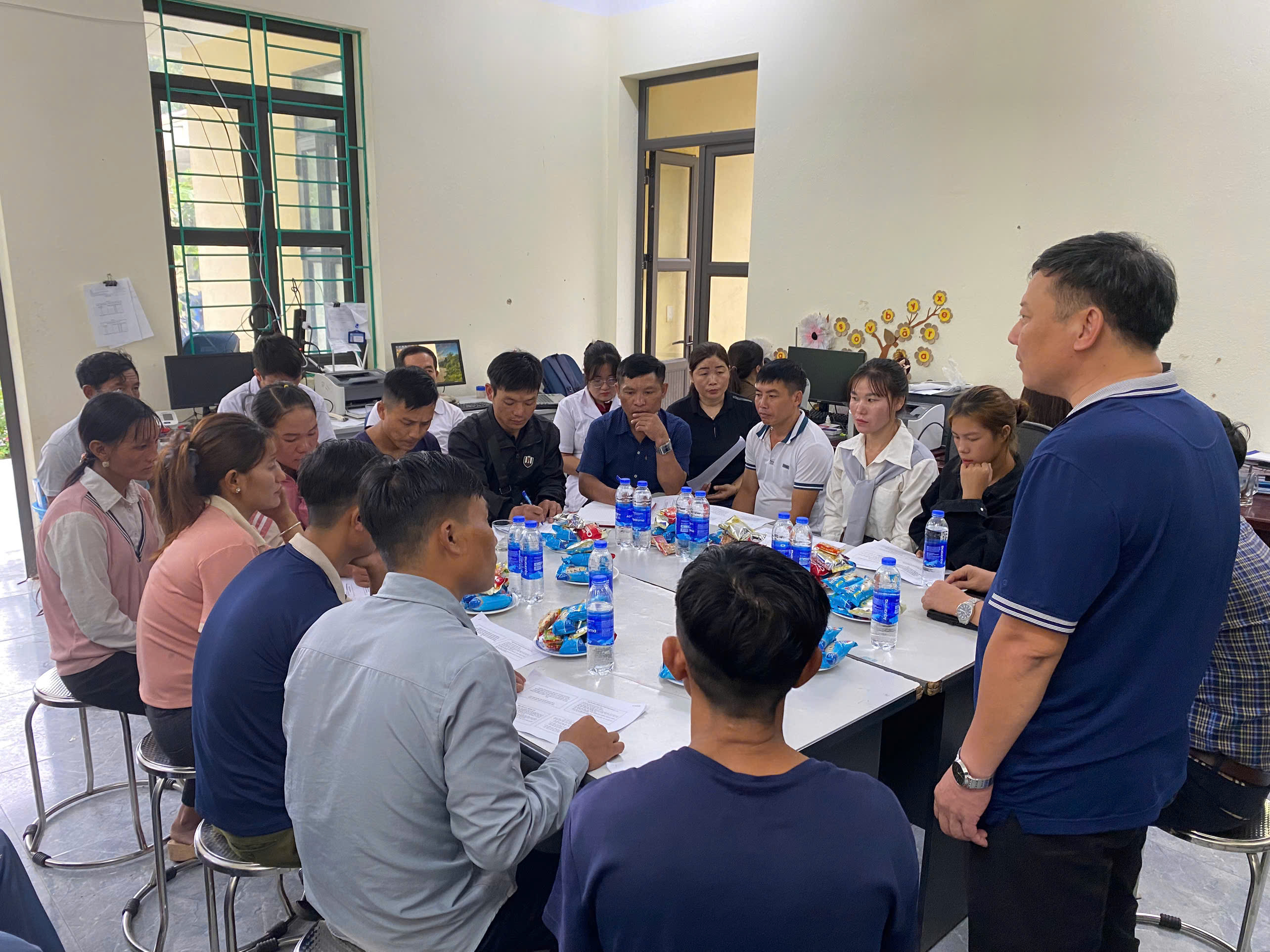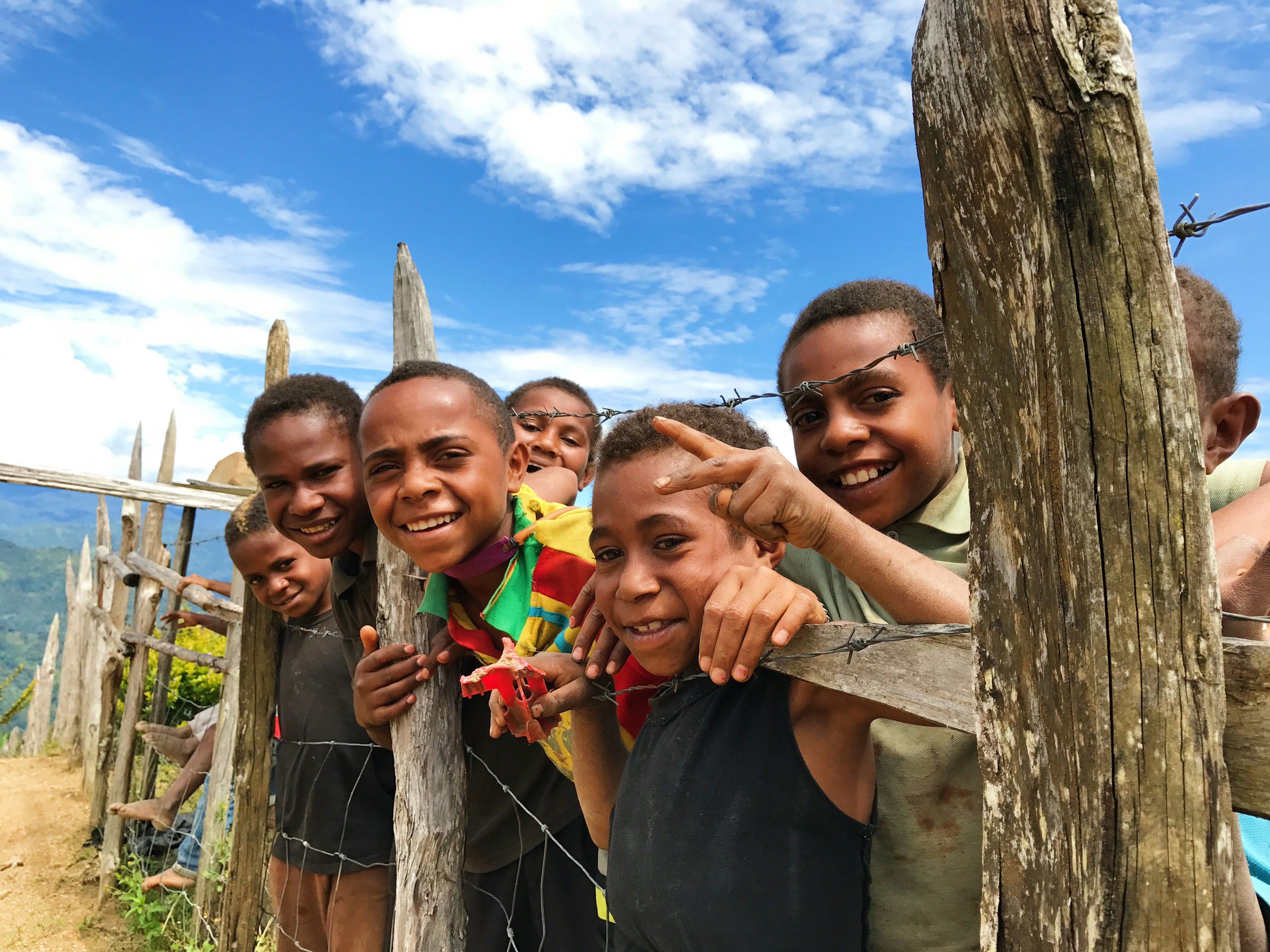
March 8 is International Women’s Day, and this year UN Women called on leaders to unite under the theme 'Invest in women: Accelerate progress.’ From caregivers and community health workers to leading scientists and policy makers, women are providing solutions at local and international levels for malaria and other diseases. Investing in women is investing in stronger health systems.
To ensure these investments in women are made effectively, it is critical to build a gender responsive framework for malaria elimination. By incorporating gender equality, disability, and social inclusion (GEDSI) into malaria programming, the need to tailor solutions for these diverse groups becomes clear. While governments and civil society across the region are working to address these needs, many knowledge gaps remain.
Evidence shows clear disparities in malaria burden
Gendered social, cultural, economic, and biological factors can all directly or indirectly affect the burden of malaria. Interviews in Indonesia uncovered gender and knowledge-related challenges as some pregnant women needed permission from their husbands before seeking malaria treatment. Another study in Papua New Guinea found that despite having access to bet nets, some mothers left themselves unprotected and instead gave away their bed nets to their children. Additionally, research on pregnant women in migrant populations along the Thai-Myanmar border found an increase in miscarriage among expectant mothers who contracted malaria.
Countries are taking action, yet many key initiatives and indicators remain unknown
While more research is needed on the different malaria disparities diverse communities face, substantial efforts have been made to address identified gaps. Pakistan has initiated various projects to improve healthcare access to historically vulnerable groups including inmates, tribal populations, brick kiln workers, displaced populations, and transgender individuals in malaria-endemic districts. To address the increased risks from malaria during pregnancy, Indonesia integrated malaria screening into antenatal care for pregnant women. In Bangladesh, a range of social and behavior change activities for marginalized communities such as mobile migrant workers have been implemented to improve health outcomes.
While much is being done to address these and other challenges, many such initiatives remain unknown or fragmented across organizations and departments. To address the significant gaps in GEDSI initiatives and indicators for malaria, data disaggregated by gender and other equity stratifies is needed as critical baseline information to better analyse existing policies and projects to ensure effective investments and interventions.
APLMA is identifying investments and gaps to accelerate progress
APLMA remains committed to incorporating GEDSI principles in efforts to end malaria. Through strong partnerships with governments and multilateral organizations operating in Asia Pacific, APLMA is supporting research, data collection, and sharing of best practices in creating tailored responses for diverse groups across the Asia Pacific region.
At the last mile of malaria elimination, the Asia Pacific region must ensure no one is left behind. An assessment of GEDSI indicators as a baseline will allow for a more equitable approach to malaria elimination to ensure investments in women and other vulnerable communities lead to accelerating progress for all.
Click to learn more about APLMA’s GEDSI commitments and progress

.svg)









